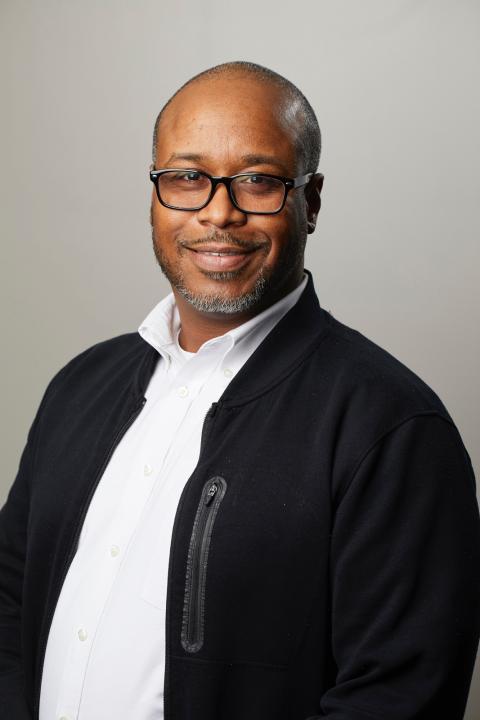Jarritt Ahmed Sheel
For media inquiries, please contact Media Relations
In addition to having taught at Berklee College of Music, Jarritt Ahmed Sheel was a fifth-year doctoral candidate at Teachers College, Columbia University in the Music and Music Education Department. As a professional musician, he has toured internationally and worked with hundreds of students in high school band programs throughout Illinois, Florida, and New York. Sheel has taught music courses at the Aspen Award–winning Valencia College, New York University, and has taught collegiate level courses based on critical theory, art history, and democracy in the City University of New York system.
Sheel is a past ensemble director for the Youth Workshop Band as part of the Education Department at Jazz at Lincoln Center in New York City. His research focused on the hip-hop movement (music, culture, and pedagogies) in music education and teacher training. He was a passionate advocate for arts education, a member of the National Association for Music Education’s Innovation Council, and on the board of the Association for Popular Music Education. He was a cofounder of the music resource website Hip-Hop Music Ed and a leader of social media dialogue around #hiphopmusiced.
Sheel was proud to be a son, husband, and father, and when he was not working, enjoyed time with family and friends.
- Performances with Burning Spear, Bright Dog Red, the BLUTET, and the Freedom Now Project
- Recordings for SXSW EDU Conference and Festival (2018), Hip-Hop Music Ed Symposium (2018), National Association for Music Education Conference (2018), Association for Popular Music Education Conference (2016), International Society for Music Education Conference (2016), NYACTE/NYASTE Conference (2015), EdTPA National Conference (2014), and American Association of Colleges for Teacher Education Conference (2014)
- Instruments include trumpet, cornet, flugelhorn, and turntables

